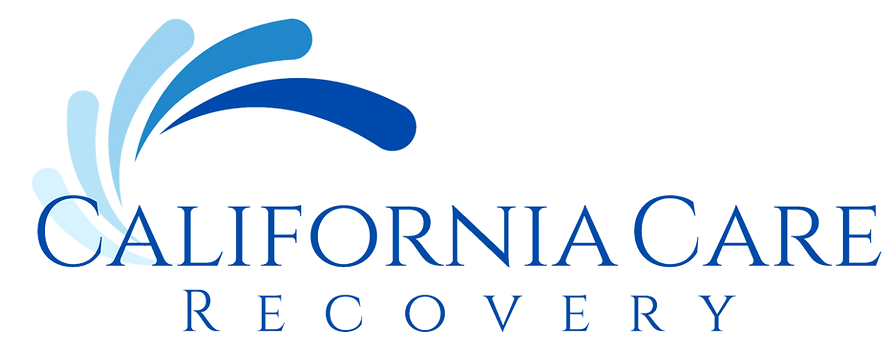For most people, anger can be a healthy and natural emotion when expressed in a controlled and constructive way. However, when left unmanaged, anger can quickly become destructive—especially when it intersects with substance use. The relationship between anger and addiction is complex and often cyclical. Many individuals turn to drugs or alcohol as a way to cope with overwhelming feelings of rage, frustration, or resentment. On the other hand, substance abuse can lower inhibitions and impair emotional regulation, making angry outbursts more frequent and intense.
This volatile combination not only fuels addictive behaviors but can also lead to damaged relationships, legal problems, and worsening mental health. Unresolved anger can be both a trigger for addiction and a barrier to recovery. Understanding the link between anger and addiction is crucial for healing. Learning to identify emotional triggers, develop healthy coping strategies, and manage anger in a therapeutic setting gives individuals a stronger foundation for long-term sobriety and emotional well-being.
Anger and Addiction
Unhealthy anger and addiction often go hand in hand. It has been studied that those who grew up in more angry or even violent homes are more likely to experience substance abuse later in life. Both traumatic experiences and a lack of proper coping mechanisms at a young age turn people to substances to self-medicate. Whether from childhood or more recently, anger has a strong correlation to substance abuse. In instances of betrayal or pain, reducing that anger with drugs or alcohol may be tempting, but the relief is temporary, while the consequences are long-term.
Using substances as an escape from unpleasant emotions, like anger, can lead to addiction without the user even realizing it. This then becomes a pattern or cycle of destructive behavior. Drugs and alcohol tend to damage relationships and lead to poor decision-making and risk-taking. These consequences of substance abuse only further angry feelings when met with shame, guilt, or mental health problems.
An article in the Journal of Education and Health Promotion (JEHP) states, “Many addicts have problems dealing with anger expression. A person who is unable to express their anger healthily will resort to using more drugs or alcohol as a method of coping with these strong feelings, leaving them in an endlessly destructive cycle. According to some studies, severe anger is generally associated with lower quality of life and high-risk behaviors such as drug addiction and alcohol abuse.” Once addiction comes into play, the impact of anger only increases. Many people with an addiction deny their emotions and build up resentment, leading to more anger. The continued use of substances then prevents them from managing their feelings. The longer anger isn’t dealt with, the more blame someone might place on those around them, only getting deeper into this dangerous cycle.
When someone uses drugs or alcohol to deal with anger, they may display aggressive behavior, violence, and even threaten others. When anger and addiction take over someone’s life, it is time to seek treatment.
Anger Management in Addiction Recovery

Anger management is almost always an aspect of addiction treatment, even if that isn’t someone’s main issue. The first step of any addiction treatment will be detox and sobriety. Once your body is free from substances, rehab centers will guide you through coping mechanisms and anger management.
You may learn breathing techniques to practice in particularly heated moments. You’ll likely learn to channel angry emotions into productivity like creative outlets or exercise. Taking a step back from situations that anger you and calming down before revisiting them helps you handle anger without seeking the aid of substances.
Throughout recovery, you will also learn how and when to avoid triggering people and situations that may set you off. Through these lessons, continuing therapy with a counselor can help you develop more methods for handling unpleasant emotions for your specific circumstance. You may need to address trauma from your past or face current relationship struggles to get past certain angry feelings holding you back from recovery.
Finding healthy ways to deal with life’s challenges is how you continue in recovery. Facing struggles and stress through healthy coping mechanisms is a tool you need to manage your anger and addiction. Some healthy methods for dealing with anger through addiction recovery are:
- Relaxation and meditation
- Distraction
- Self-awareness
- Humor
- Exercise
- Art or music
- Positive thinking
- Nature walks
- Journaling
- Calm and constructive communication
- Talking to a trusted companion
- Support groups
Getting sober and taking these steps to develop your ability to handle anger leads you in the right direction. As you continue through the process of recovery, you will learn more about yourself. You may understand what lead to your anger problems and address that so it doesn’t continue having such a negative impact on your life.
Continuing to do the work in recovery will also increase your confidence. When you believe you have the strength to handle stressful or frustrating situations, you are more likely to take more direct and calm approaches to these problems rather than relapsing.
You can certainly have anger without addiction, but anger is almost always present once an addiction begins. You can be angry with others or yourself. You can have undirected anger, especially in active addiction. Getting sober with the help of professionals in a treatment center will set you on the right path to begin anger management. Through therapy, support groups, and practice, you can learn how to manage your anger and control it, rather than letting it control you. As you work through recovery, you will develop more skills for handling stress, frustrations, and anger so that you remain in recovery. Taking an active role in your addiction treatment and asking for help will give you the best chance at healing and tranquility.
Here, at California Care Detox & Treatment, we offer guidance through every step of recovery. You’ll learn all the tools needed to continue in your journey. Contact us today to get started.
